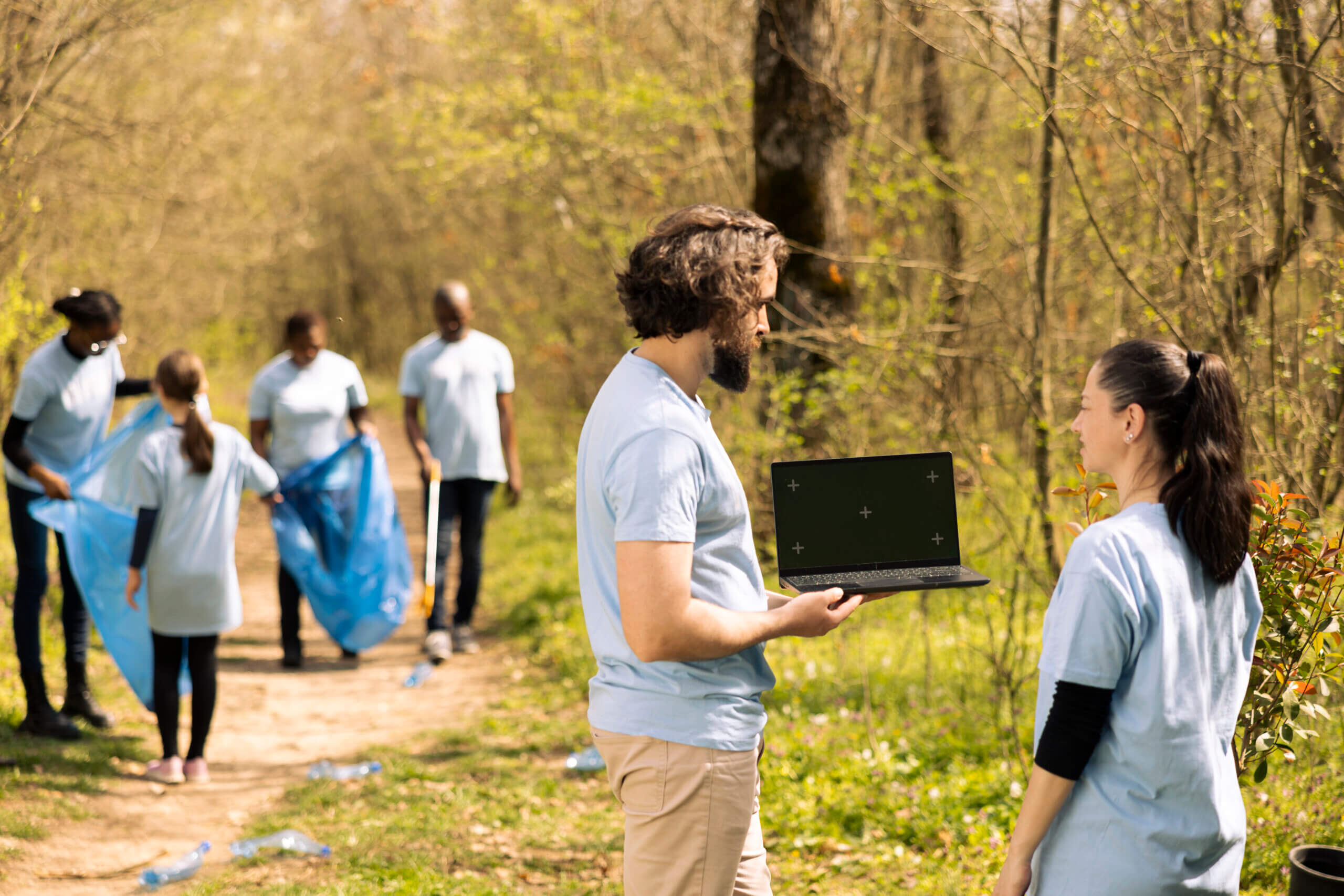The twisting in the wind is over, at least concerning whether borrowers should return their Paycheck Protection Program loans. This morning, the Small Business Administration and Department of the Treasury updated the FAQs for the Program to clarify what borrowers should do in the face of tomorrow’s expiration of the “safe harbor.” Recall that borrowers having second thoughts about signing the “necessity certification” on the loan application had until May 14, 2020, to return the loan proceeds with no questions asked. While the clarification received wasn’t as expected, it works.
In short, borrowers with loans less than $2,000,000 will be “deemed to have made the required certification … in good faith.” For loans of $2,000,000 or more, if the borrower repays the loan after receiving notification from the SBA of the lack of good faith, the “SBA will not pursue administrative enforcement or referrals to other agencies based on the certification concerning the necessity of the loan.”
A brief review
At the end of April, Treasury and the SBA issued an Interim Final Rule (IFR) addressing several matters and providing a limited safe harbor for borrowers that did not make the “necessity certification” in “good faith.” If a borrower obtained a loan and had second thoughts about whether the loan was “necessary to support [its] ongoing operations,” the borrower had until May 7, 2020, to repay the loan. A loan repaid on or before that date would be deemed to have been applied for in “good faith.” The angst from the announcement of the safe harbor increased when the SBA said it would “review” loans over $2,000,000. Last week, the SBA extended the deadline for repayment of loans to May 14, 2020, saying the agency would issue “additional guidance on how it [would] review the certification.”
Fast forward to today
Borrowers expected an explanation of what standards the SBA would use to determine whether the borrower had certified its necessity for the PPP loan in good-faith. Instead, the SBA says that “PPP loans with an original principal amount of less than $2 million will be deemed to have made the required certification concerning the necessity of the loan request in good faith.” This statement means that borrowers of loans less than $2,000,000 will not be reviewed concerning the necessity certification. The SBA could review borrowers of such loans, however, if the SBA suspected fraud or other wrongdoing.
For loan amounts of $2,000,000 or more, there is a new “safe harbor,” which is as follows:
- If SBA determines in the course of its review that a borrower lacked an adequate basis for the required certification concerning the necessity of the loan request, SBA will seek repayment of the outstanding PPP loan balance and will inform the lender that the borrower is not eligible for loan forgiveness. If the borrower repays the loan after receiving notification from SBA, SBA will not pursue administrative enforcement or referrals to other agencies based on its determination with respect to the certification concerning necessity of the loan request.
Again, the SBA is not foreclosing pursuing enforcement measures or referrals to other agencies based on grounds other than the necessity certification, but a remedy is provided in the event the SBA determines the loan was applied for in bad faith.
Finish your homework
Despite these new provisions, we recommend that you finish your cash flow analyses and other documentation concerning your rationale for applying for a PPP loan. This documentation and information will be helpful to you if or when your loan is reviewed. Also, documentation created contemporaneously with events has more credibility than documents created “after the fact.” Keep those files updated as the economic uncertainty from COVID-19 manifests itself in ways that never could have been predicted.
Now, if we could just get that forgiveness guidance for which we are all desperate. Stay tuned.
For more information on how the Coronavirus is impacting businesses across multiple industries, visit our COVID-19 resource page:







